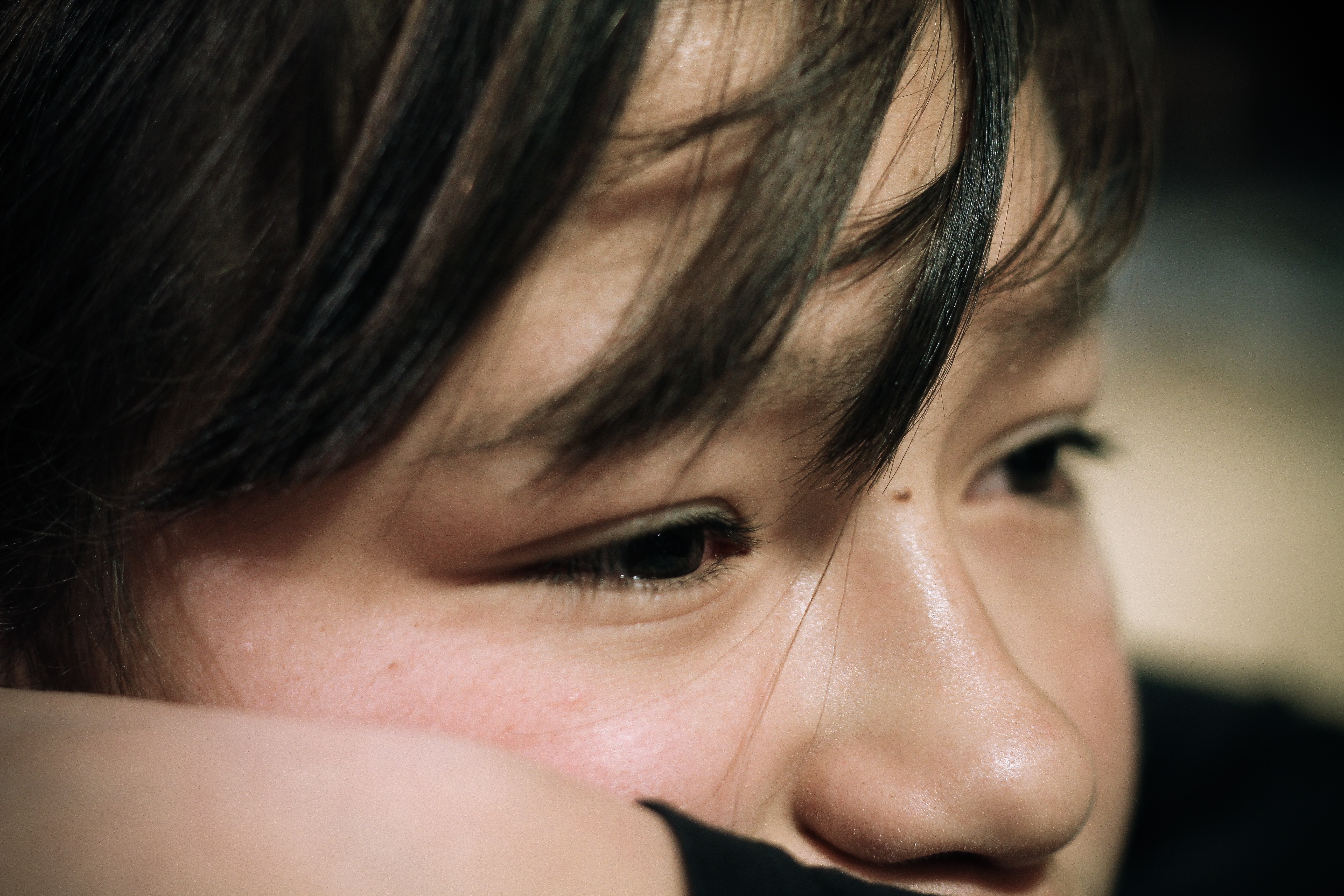Helping Teens Cope with Social Anxiety
By: Rochelle Perper, Ph.D. | October 21, 2016

Adolescence is a time of uncertainty and change. It is a period of adjustment when children develop autonomy; learn more about themselves and transition into young adulthood. It’s natural for teens feel self-conscious, nervous or shy in font of others during this time. Many teens experience a racing heart, sweaty palms or fluttering stomach during stressful situations, such as trying out for chorus, asking someone on a first date or giving a class presentation. Most teens will get through these moments, as uncomfortable as they may be. But, for some, the anxiety that accompanies these situations can be extreme. It can seem so unbearable that it prevents teens from speaking up or socializing with others. If this is the case, it’s probably more than shyness. It may be an anxiety condition called social anxiety. Social anxiety often surfaces in adolescence or early adulthood and can lead to isolation, preventing a young person from engaging in social gatherings and passing up potential friendships – activities that are important for healthy adolescent development.
Many teens experience social anxiety, which is an excessive and persistent fear of social and/or performance situations such as school, parties, athletic activities and more. They are extremely worried that they may do something embarrassing or others will think badly of them. Teens often feel “on stage” which can lead to a great deal of self-consciousness, distress and avoidance. Some children are only afraid of speaking or performing in public, while others fear and avoid a wide range of social situations.
Although anxiety is the third most common mental health disorders, many parents and teachers are not familiar with the signs and symptoms in children and teenagers. For some teenagers, social anxiety becomes chronic; affecting school performance, extracurricular activities and the ability to make friends. Teenagers with social anxiety may perform poorly at school and may have trouble attending classes. Students with the disorder are less likely to make friends and participate in extracurricular activities. Social anxiety that is left untreated may lead to increased risk of other mental health problems later in life such as depression, eating disorders, substance abuse and even suicidal ideation.
The good news is that social anxiety is a treatable disorder and anxiety does not have to govern one’s lifestyle. Managing anxiety isn’t easy, and it involves a multi-pronged approach with interventions that are systematic and consistent over time. This article will identify, and briefly describe some helpful strategies for both teens and their parents to help manage anxiety and live more full and relaxed lives.
- Professional therapy tailored specifically for adolescents can help teens learn to understand how their thoughts contribute to their anxiety and how to change thought patterns to reduce the negative symptoms. Increased awareness combined with strategies to help will assist the teens confront and tolerate fearful situations in a controlled, safe environment.
- Along with therapy, sometimes medications may have a role in treatment. Your therapist may refer your teen to a Child Psychiatrist who can provide additional information about how pharmacological interventions may be helpful.
- Many people find relief in mindfulness practices, which is the practice of focusing attention on what is happening in the present, and accepting it without judgement. And that – many physicians and therapists believe – can be a powerful therapeutic tool.
- Mindfulness is one method of stress-reduction exercises. Other relaxation strategies include meditation, deep breathing, visualization and body scanning.
- For teens in particular, a regular exercise plan can be a valuable anecdote for anxious symptoms. Regular exercise can help teens feel less stressed and better able to cope with problems. Exercise boosts self-esteem, and when done with a friend or in class – improves social interaction skills. Aerobic activity increases endorphins, natural chemicals that act like painkillers.
- Reducing stress can help control symptoms of anxiety. There are many ways to reduce stress such as finding a healthy outlet, for instance listening to music, journaling or using another form of creative expression.
- Smoking and drinking caffeine can promote anxiety. Research suggests that cigarette smoking during adolescence increases the risk for anxiety due to nicotine’s effect on the nervous system and the stimulant effect of caffeine has also been found to be particularly harmful to teens. Thus, teens are encouraged to remain abstinent from smoking and drinking caffeine, especially if they are predisposed to anxious symptoms.
- Lastly, support from family members and from others with anxiety disorders can improve the results of treatment. Many teens with anxiety benefit from sharing their problems and triumphs with others. Joining a support group can help by finding regular opportunities to talk with people who understand. Talking with trusted relatives, friends and members of the clergy can be helpful, too.
In addition to seeking professional therapy, there are a number of things that teens and parents can do to help teens manage social anxiety. If you or your teen experience symptoms of social anxiety you are not alone. Help is available, and with time, and persistent effort, teens can learn how to manage their anxiety and develop skills to help them interact more comfortably in social situations and feel more confident. Social anxiety isn’t something that you have to deal with your whole lives. If caught early, teens who overcome anxiety will develop skills that will serve them in other areas of their lives for years to come. There is hope – and you don’t have to go it alone.
Image: Andrew // on flickr and reproduced under Creative Commons 2.0



